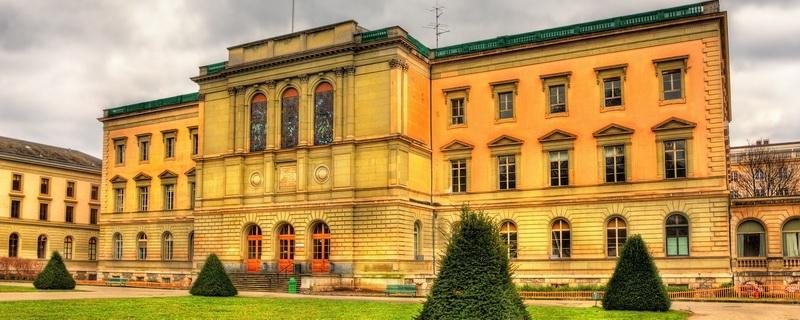Study in Switzerland, a passage to success

A little school lesson
A brief overview will come in handy because each city has its own distinctive features. Starting at age 4 to 5, toddlers are accepted into preschool or kindergarten classes. Then, the real journey begins.
Children learn how to read around the age of 5. Classes are taught bilingually from the primary or elementary level. The languages depend on the canton of residence; the option of a third language comes later. For example, in Geneva and Lausanne, students have the choice between a French-German and French-English curriculum.
Secondary education (middle and high school) begins at age 12 or 13. The Swiss state-registered diploma is called the “la Maturité†or “la Matu†for short. But many students choose a different route, opting to take an International Baccalaureate (IB), especially students of foreign nationalities.
Public schools in Switzerland are very good, but the country’s distinguished reputation mostly comes from the private sector. The list of famous and highly-recognized Swiss schools is so long that we couldn’t possibly name them all, but they are listed among the most prestigious academic institutions in the world. They groom the children of rock stars, CEOs, and politicians, who in turn go on to become important figures in our generation.
A school in Switzerland is right for your little one, if...
- Deviating from family tradition is not an option
- The best of the best is your only motto
- An opportunity to live in Switzerland? That’s a no-brainer
What about boarding schools?
Some parents choose boarding school for children, and for good reasons. These schools are located in fairytale-like settings, by the lake or in the mountains of Switzerland.
Whether in boarding or regular schools, sports, discipline, and respect are pillars of a Swiss education. The director of Notre-Dame-du-Lac in Geneva, without raising his voice a decibel, can give a quick “Tchiiit Tchiit†to bring on a silence so quiet that you can hear the lightest of pencils drop among students.
In Geneva, children get to know each other at school and frequently reconnect later in their adult lives. It’s not uncommon for them to have gone to primary school together, then change for secondary school.
The International School of Geneva, also called Ecolint, offers an international education throughout 3 campuses, whereas the Institut Florimont in Petit-Lancy offers 3 curriculums: the Maturité, French Baccalauréat, and IB. There’s also the Collège Calvin, a school par excellence renowned for the Maturité, and the Collège du Léman, a very famous academic institute set on 8 hectares and accommodating students from around the world (100 different nationalities). Students can take classes in the mythical mansion of the Rosenberg Institute (officially, Institut auf dem Rosenberg), a discreet school that welcomes heirs and heiresses.
Those who love to ski and play outdoor sports are drawn to schools in the beautiful Swiss countryside. Beau Soleil is one of the oldest private schools in Switzerland. You’ll find the Collège Alpin International Beau Soleil, its full name, in Villars-sur-Ollon in the canton of Vaud.
Aiglon College offers its students an extraordinary view of Mont-Blanc, as well as a 20-minute morning meditation course to start the day with the right mindset (very efficient). Still, the famous Rosey houses students in the Château du Rosey in Rolle, on the shores of Lake Geneva, and offers a winter campus in Gstaad.
We told you: To study well, study in Switzerland. Choose the institution that works best for your family and make friends for life.
You should seriously consider a boarding school in Switzerland, if...
- You’d like to practice the art of silence (for 2 years minimum) the “Tchiiit Tchitt†way
- The BAC, the IB or Matu, doesn’t matter (as long as there’s the option to ski)
- No negotiation, the binky is already packed


